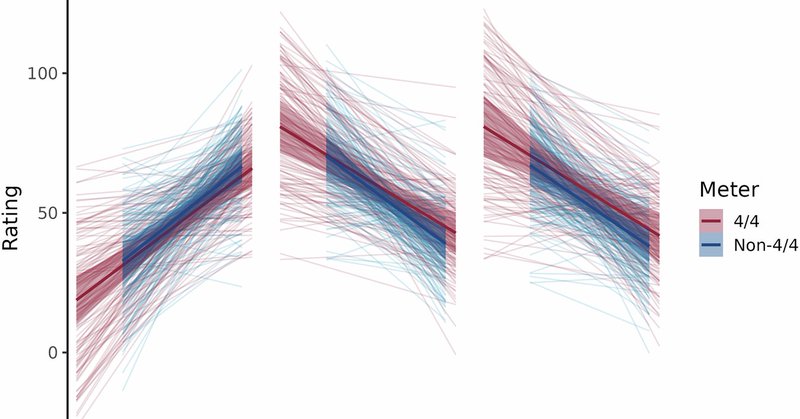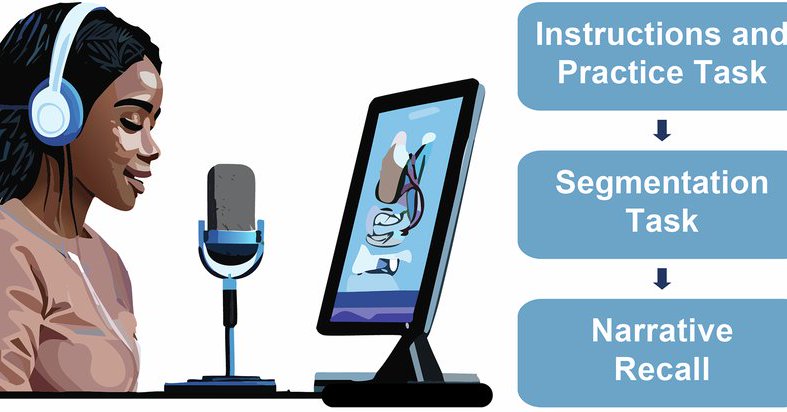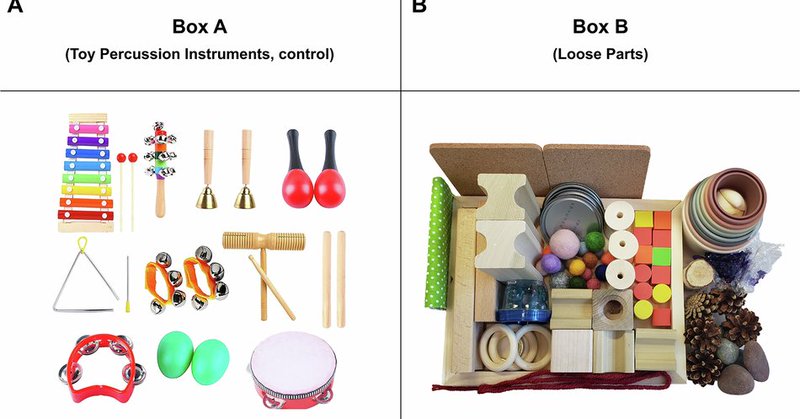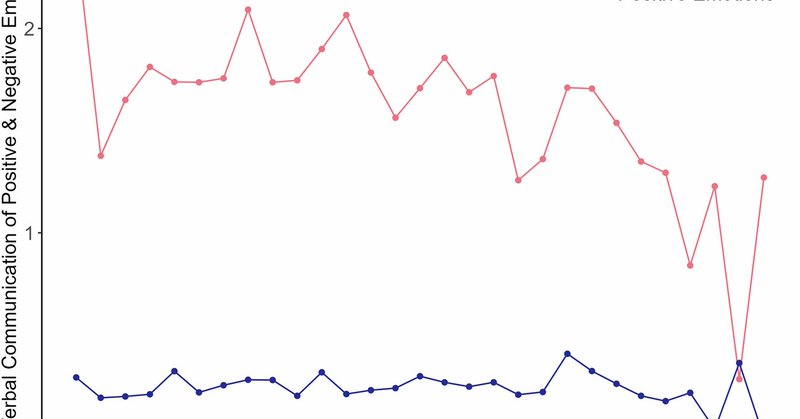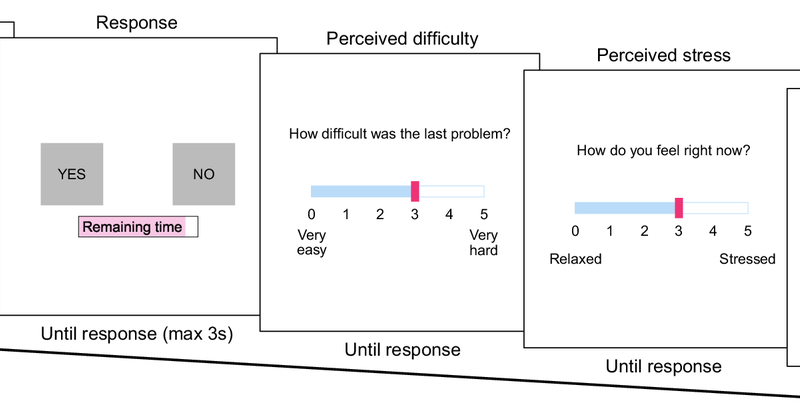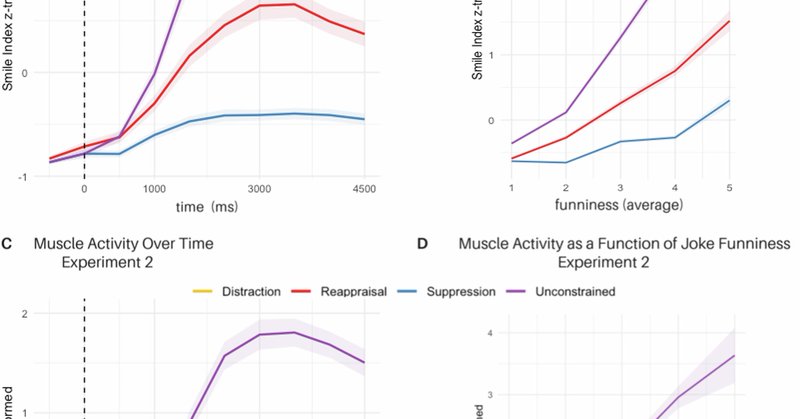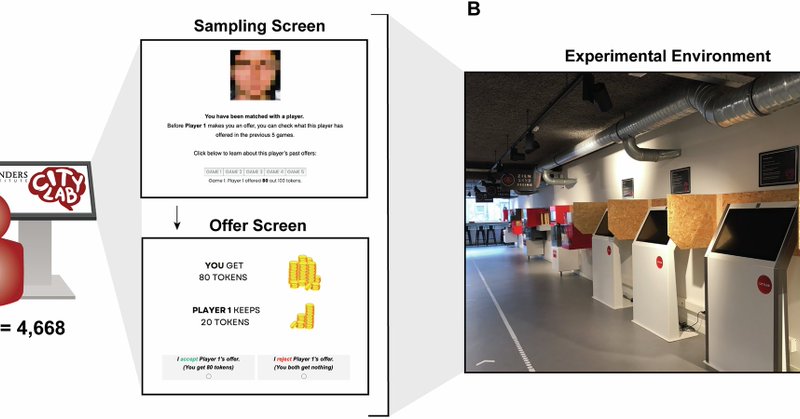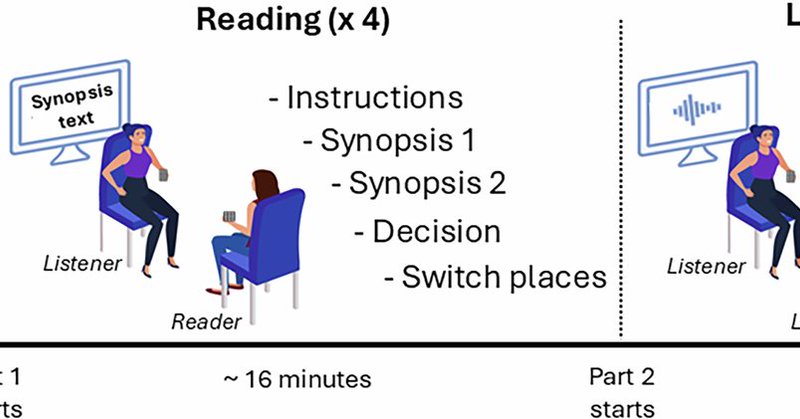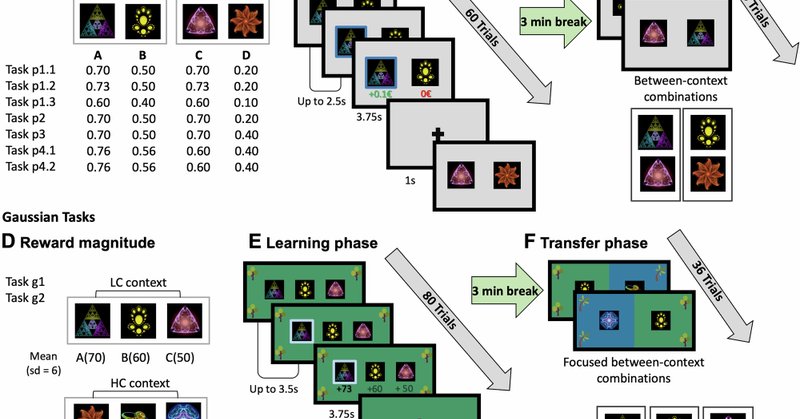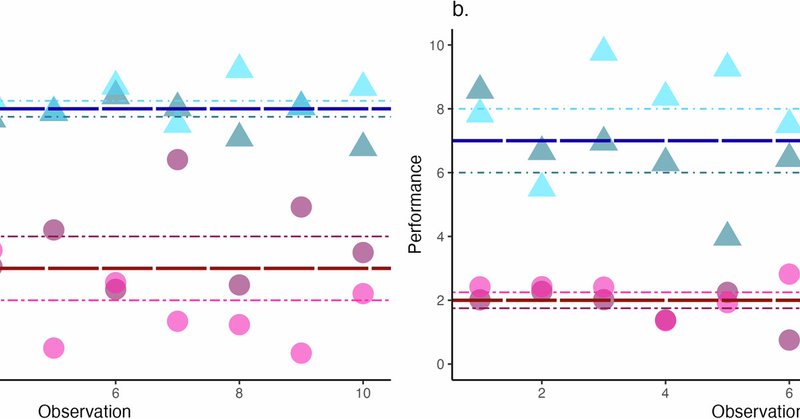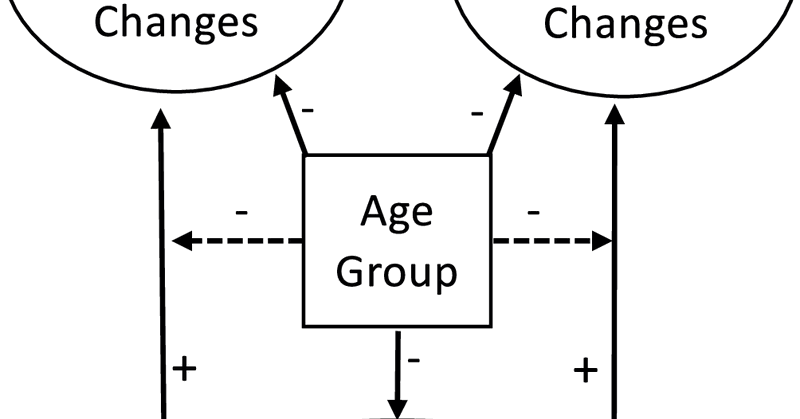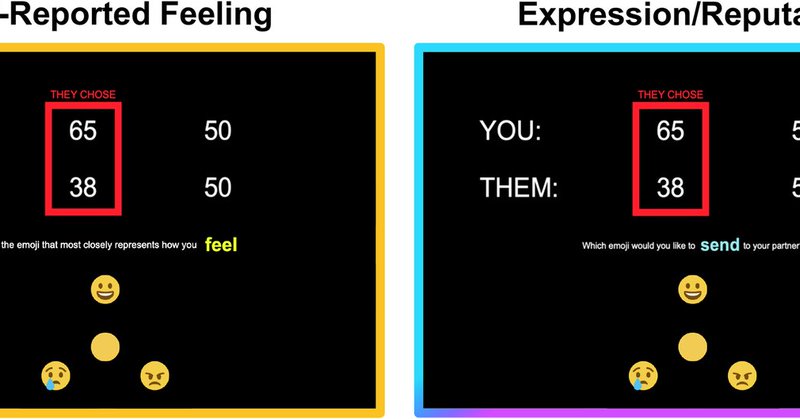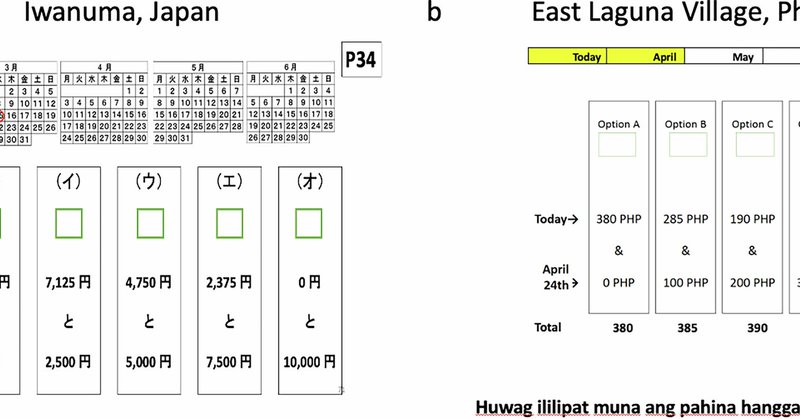
Communications Psychology
@CommsPsychol
Followers
1K
Following
218
Media
15
Statuses
707
Communications Psychology is an open access, peer reviewed journal in the Nature portfolio, publishing research, reviews and commentary across psychology.
Joined October 2022
Our final call for papers this year! A collaboration with @NatureComms & the newest Comms journal Communications AI & C
0
0
1
This study provides evidence that bottom-up rhythmic features interact with top-down metric structures in a way that shapes the pleasurable urge to move to music. https://t.co/VL22Se8mpt
nature.com
Communications Psychology - This study provides evidence that bottom-up rhythmic features interact with top-down metric structures in a way that shapes the pleasurable urge to move to music.
0
1
2
Large language models automate event segmentation & recall scoring with human-level accuracy. LLMs identify event boundaries more consistently than humans, while semantic embeddings enable scalable memory assessments. https://t.co/nabt20Vj43
nature.com
Communications Psychology - Large language models automate event segmentation and recall scoring with human-level accuracy. LLMs identify event boundaries more consistently than humans themselves,...
0
1
1
Using a within-subjects design, children’s early STEM behaviours during solitary play with loose parts (e.g., acorn, cardboard) were examined with findings indicating that play with loose parts offers strong potential for STEM exploration and learning. https://t.co/pzAG9ETOOP
nature.com
Communications Psychology - Using a within-subjects experimental design, children’s early STEM behaviours during solitary play with loose parts (e.g., acorn, cardboard) were examined with...
0
0
1
A multilevel meta-analysis (N = 6,570) showed that boredom is generally linked to lower arousal. However, heterogeneity in effect sizes rather characterized boredom as a variable arousal state & could be explained by a range of moderators. @lisa_stempfer
https://t.co/DWojW1Vobc
0
0
2
Does mode of contact influence older adults’ verbal expression of emotion? Both in-person and phone contact were associated with communicating positive emotions, but only in-person contact was associated with communicating negative emotions. https://t.co/r3e2qbrMrh
nature.com
Communications Psychology - Does mode of contact influence older adults’ verbal expression of emotion? Both in-person and phone contact were associated with communicating positive emotions,...
0
0
1
This study finds that acute stress alone has a surprisingly limited effect on decision-making, irrespective of the decision’s complexity. However, on decisions with experienced time pressure, acute stress significantly reduced decision quality. https://t.co/JAx6uMZT8G
nature.com
Communications Psychology - This study finds that acute stress alone has a surprisingly limited effect on decision-making, irrespective of the decision’s complexity. However, on decisions...
0
1
4
Using facial EMG and humor ratings, this study shows how suppression, reappraisal, and distraction differentially affect laughter-related expressions of amusement in solitary versus social settings. https://t.co/HYH1JkKm8K
nature.com
Communications Psychology - Using facial EMG and humor ratings, this study shows how suppression, reappraisal, and distraction differentially affect laughter-related expressions of amusement in...
0
0
1
This lab-in-the-field study embedded a classic economic task, the Ultimatum Game, in a museum, capturing <18,672 decisions about fairness from volunteer members of the public, revealing that information sampling shapes responses to unfairness. @SarahVahed
https://t.co/TPINA4T7oP
nature.com
Communications Psychology - This citizen science, lab-in-the-field study embedded a classic economic task, the Ultimatum Game, in a museum, capturing >18,672 decisions about fairness from...
0
1
2
In a high-psychopathy community sample, steeper social discounting partly accounted for antisocial behavior. This study shows that psychopathy involves a systematic devaluation of others’ outcomes. @Naomi_M_Nero
@prncssamygdala
@PaigeAmormino
@aa_marsh
https://t.co/QkcQIJk5di
nature.com
Communications Psychology - In a high-psychopathy community sample, steeper social discounting partly accounted for antisocial behavior. These findings indicate that psychopathy involves a...
0
4
5
Using EMG to measure dyads, this study shows that facial mimicry predicts preference better than expressions alone. Facial mimicry plays a role in everyday preferences during social interactions. @LironAmihai @YeshurunYaara @HilaMann1
https://t.co/94wTowhKm8
nature.com
Communications Psychology - Using wearable EMG to measure participant dyads, we show that facial mimicry predicts preference better than expressions alone. This study demonstrates the central role...
0
1
2
Decision biases previously attributed to value normalization are better explained by action repetition. Repeating an action biases choice preference even when options are encountered in new contexts. https://t.co/mYQmXzwHjS
nature.com
Communications Psychology - This study shows that decision biases previously attributed to value normalization (e.g. relative value learning or range normalization) are better explained by action...
0
1
2
Cognitive performance is a common concern among cancer survivors. Comparing survivors to controls on objective tasks in daily life, survivors had better average scores but showed greater fluctuations. https://t.co/CMao8RiM0x
nature.com
Communications Psychology - Cognitive performance is a common concern among cancer survivors. Comparing survivors to controls on objective tasks in daily life, survivors had better average scores...
0
1
2
Process models of personality development propose that personality states precede trait change, yet evidence across the lifespan is limited. This multimethod study shows similar changes in personality states and traits in younger and older adults. https://t.co/Qx0o6oRGKh
nature.com
Communications Psychology - Process models of personality development propose that personality states precede trait change, yet evidence across the lifespan is limited. This multimethod study shows...
0
1
4
People do not always express the emotions they feel truthfully. Computational modelling reveals that people flexibly regulate their emotion expressions by balancing their value as a communicative signal against the potential social costs they incur. https://t.co/vD3EZzYLZ5
nature.com
Communications Psychology - People do not always express the emotions they feel truthfully. Computational modelling reveals that people flexibly regulate their emotion expressions by balancing...
0
0
8
This study shows that human pairs adopt stable cooperative, competitive, or mixed strategies. A computational model predicts dyadic choices and links these strategies to interaction dynamics, payoffs, and cost of cooperation. @ViolaPriesemann
https://t.co/0BHdW7rNRD
0
1
5
Combining data from post-disaster field experiments in Japan and the Philippines, the study shows that disaster exposure heightens present bias, which explains variance in increases in smoking, drinking, and BMI among survivors. https://t.co/mrSUTxJztg
nature.com
Communications Psychology - Combining data from post-disaster field experiments in Japan and the Philippines, the study shows that disaster exposure heightens present bias, which explains variance...
0
0
2
https://t.co/VRCo68E20J Consciousness research is entering an age of opportunity. The role theories will play in a maturing science of consciousness deserves a closer look.
nature.com
Communications Psychology - Consciousness Science is entering an age of unprecedented opportunity, thanks to recent empirical and theoretical advances, increasing interest in the topic, and...
0
0
1
https://t.co/OgntsdgmQi Consciousness research has long followed competing theories, yet consensus remains elusive. Should there be a shift in focus toward construct-based, data-driven, and iterative approaches that identify the empirical building blocks of conscious experience?
nature.com
Communications Psychology - Consciousness research has long been dominated by competing grand theories, yet consensus remains elusive. We propose shifting focus toward construct-based, data-driven,...
1
0
1
Consciousness and how it can/should/mustn't be researched is a contentious topic, as are different takes on theories of consciousness. Two complementary Comments published today put forward views on what use theories can be to better understand consciousness.
1
0
2

